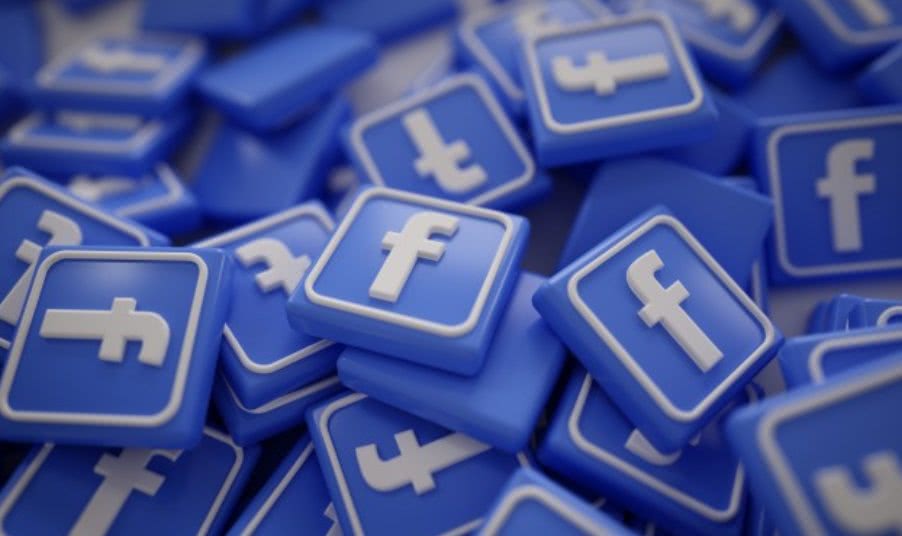In the wake of Facebook’s dummy spit, does the media need an APRA?

For the first time in a long time, the conversation in Australia is about news, how to get it and those who make it.
With Facebook last week scrubbing news from its platform in Australia, and then winding all back like it never happened, the dangling question marks don’t just evaporate.
After pressing the nuke button, FB issued a statement in which it mentions “an agreement” with the Australian government, touches on “constructive discussions” and that, ultimately, the social giant will “restore news” on platform for Australians in the coming days.
A week is a long time in tech. Our news feeds have been littered with comments from friends embracing their new, news-free FB app. Some Aussies have already moved on.
If the feedback I’ve had in recent days is any indication, there’s real interest out there for those of us who create the news.
News sounds cool. Countless movies and TV shows give a window into life inside a newsroom. If you’ve seen Broadcast, Spotlight, State of Play, All the President’s Men and Frontline, you get the gist that the business of news ain’t all glamour, but it’s a heck of a lot more interesting than flipping burgers. It’s also an industry more fragile than Trump’s ego.
Most boys want to be a fireman when they grow up. That was true for me. Then I wanted to be a rock star, a professional baller, and a journalist. I got my one of my wishes.
The reality of being a daily writer, digging away in the content mines, is that we’re survivors. Anyone who’s still in the game in 2021 and has been there for over a decade, has witnessed a few bloodbaths along the way. I’ve ducked a few swinging axes in my time.
The question came to me, does the media need an organisation to managing its micropayments. A collecting society, like an APRA for media.
The short answer: it doesn’t work like that.

In the traditional music business, a songwriter owns the copyright in the song, a publishing company represents that song and liaises with APRA (which, likewise, lines-up reciprocal deals around the world to locate and distribute royalties). The record company, in that old-world model, owns the copyright in the recording, the master.
News writers and songwriters are distant cousins, from different businesses.
Most hacks in a newsroom will never see ancillaries for their written copy. We see our name in lights on a daily basis, but there are no streams of income when our words light up around the world.
It’s not uncommon for reporters to sign “work for hire”-type agreements, though the same isn’t always the case for columnists.
Like everything else in this world that pays, it’s about the contract you sign.
Media professionals here are represented by the trade body the MEAA. And the standards of Australia’s are kept in check by the Press Council, the print media’s self-regulation body which boasts executives from News Corp, Fairfax and others on its council.
In a perfect world, hacks would see a bonus when their works go viral. It’s an evolving, disrupted place, where journalists compete with free, fake news and government-funded enterprises. It’s nothing like a perfect world.
Until we find Utopia, an APRA for media wouldn’t help the little guys in news — the journalists, versus the publishers — in the same way the PROs support the songwriters.
This article originally appeared on The Industry Observer, which is now part of The Music Network.






























